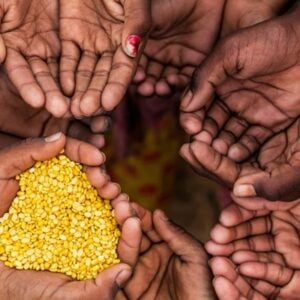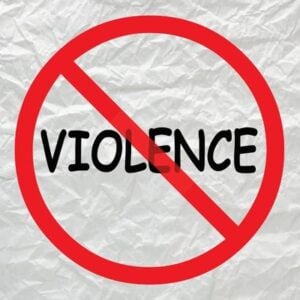The humanitarian crisis in Gaza has reached dire levels, as thousands of displaced men, women, and children line up under the blistering sun at community kitchens, desperate for something as minimal as a bowl of lentil soup. These kitchens are among the few sources of food for families who have been displaced by conflict, and many leave empty-handed after hours of waiting.
Amid scenes of desperation, the situation for Gaza’s residents is bleak. One elderly man shared that he had not eaten bread for ten days and now relies solely on whatever the community kitchens can provide. Children, too, are bearing the brunt of this crisis, with many standing in line for hours in the hope of feeding their families. Young people like Mohammed Nayfeh and women like Umm Muhammad describe the ordeal of either enduring the searing heat or being crushed by the crowds.
In some areas like the Shujaiya neighborhood, residents have been forced to flee to overcrowded zones with no water, no food, and no hope. The testimonies of the displaced reveal a consistent pattern of deprivation and despair. Parents like Hussam al-Qamari speak of starving children and unbearable living conditions, as even the most basic sustenance becomes out of reach.
According to UNRWA, one in five children in Gaza City is malnourished, and this figure is rising rapidly. Visuals from the area show young children behind fences, bowls in hand, waiting for scraps of food—symbols of the humanitarian catastrophe unfolding daily. Residents are calling on the international community to act, emphasizing that the current aid entering Gaza barely scratches the surface of what is required.
The tragedy extends beyond the need for food. As Umm Rami noted, food alone is not enough; the loss of dignity, safety, and normalcy has stripped families of their former lives. With their homes destroyed and their lives upended, many now spend their days in lines for water and food, pleading for the world’s attention and compassion.
Warnings from the Integrated Food Security Phase Classification (IPC) confirm that Gaza is on the brink of famine. Two of the three famine thresholds have already been crossed in parts of the territory. UN agencies, including WFP and UNICEF, are urging immediate and large-scale humanitarian intervention before the situation worsens further.
UN Secretary-General António Guterres has labeled the crisis as a humanitarian catastrophe of “epic proportions” and stressed that Gaza is not facing a hypothetical famine—it is experiencing it. He has called for unrestricted flows of aid, stating that a trickle is insufficient and that a massive, coordinated humanitarian response is urgently required.
Despite tactical pauses announced by Israeli authorities, violence and hunger-related deaths continue. OCHA reports that people searching for food are still being harmed or killed. Parents are left helpless as they attempt to save their starving children. Humanitarian agencies are doing what they can, but inadequate delivery conditions and limited access continue to hinder efforts. The situation in Gaza is a crisis that demands global attention and action—immediately.





